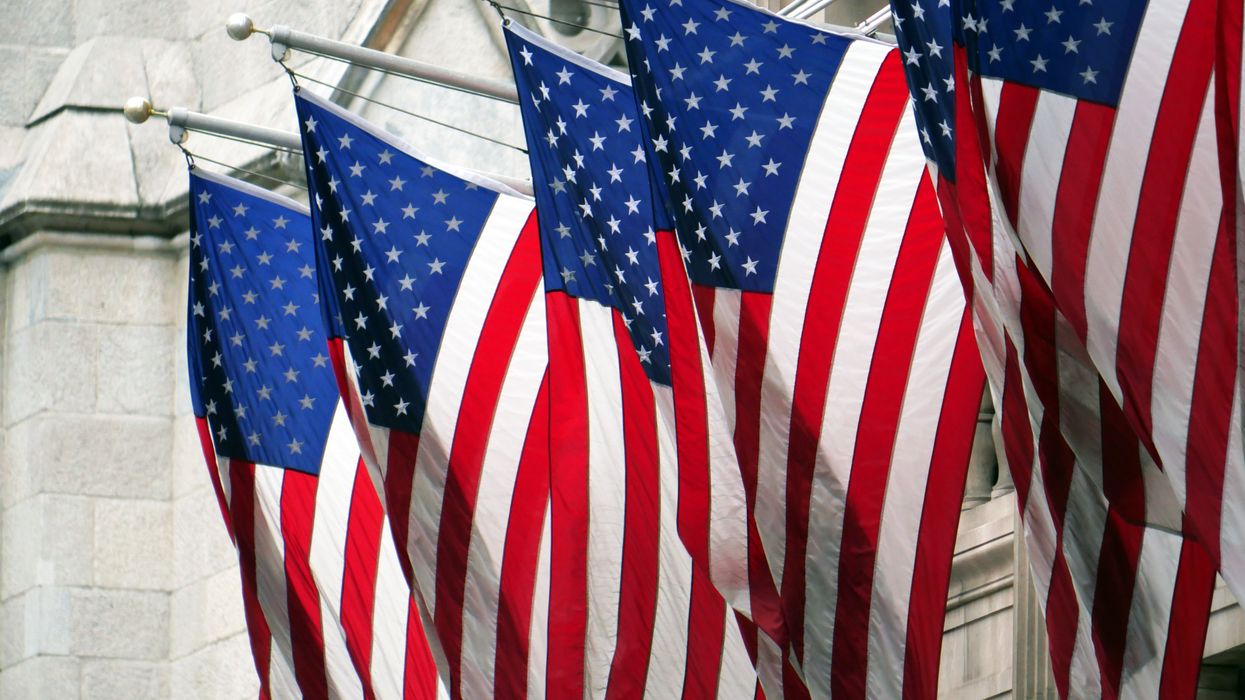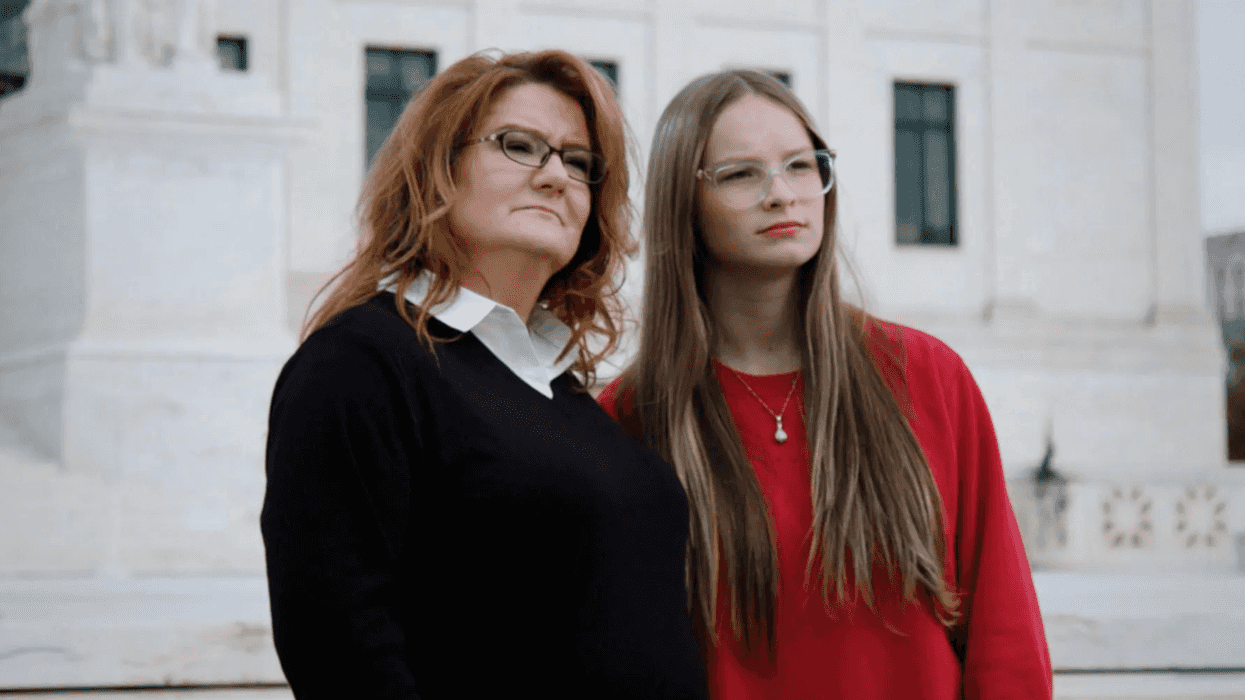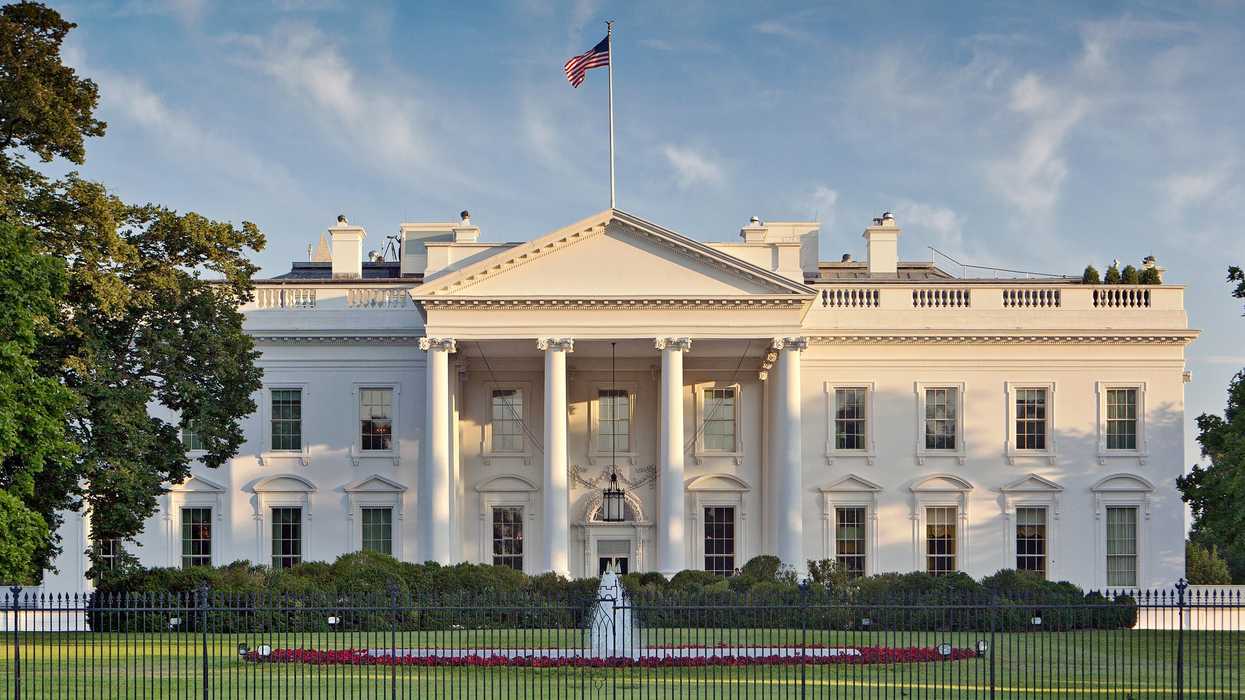Aftergut, a former federal prosecutor, is of counsel to Lawyers Defending American Democracy.
On Sept. 17, the highly regarded World Justice Project released a detailed report reflecting some major good news amidst a continuing modest slide in Americans’ trust in our institutions. Encouragingly, WJP’s survey of voters shows that more than 90 percent of Americans in both parties — an unheard-of polling number — believe that preserving the rule of law is important or essential.
That vital fact tells us that, contrary to skeptics’ views, the concept of the rule of law is not too abstract to influence American voters in the upcoming election. People care very much about it, and the evidence of declining trust in our basic institutions suggests that the rule of law can play a potent role in the election.
The one political party committed to the rule of law can profitably focus on the rule of law crisis — along with kitchen table issues — as the presidential campaign enters peak season.
WJP produces the biennial Rule of Law Index, ranking countries on their citizens' perceptions of compliance with principles essential to democratic government and individual freedom. Last year’s index ranked the United States 26th out of 142 countries in a world described as being in a “rule of law recession.” Since then, Americans do not think things have gotten better, and they are concerned.
This sharp awareness of how short we are falling shows up throughout the report. Accountability is the backbone of the rule of law, and the WJP/YouGov polling results show a plummet in the last decade from 60 percent to 35 percent in the proportion of people who agree that high-ranking officials are likely to face consequences for breaking the law. Similarly, people’s confidence in Congress and the courts to act as a check on excessive executive power dropped markedly during the period from 2016 to 2024, though both still are in the 60 percent range.
Questions directed more generally to the independence and fairness of the justice system brought answers reflecting some decline in trust over the last few years. Two thirds (down from 80 percent in 2013) still believe that the courts guarantee everyone a fair trial, while broader questions about the independence and lack of bias of judges yield positive answers from a bit less than half of those questioned. Trust in other institutions, including the media, prosecutors, national and local government officials, and the police, has also eroded modestly during this period, and, except for the media (now 38 percent) generally hover close to or just above the 50 percent level.
Notably, in the face of these results, the report also records a significant rise in Americans’ perception of citizen power to step up and check otherwise unchecked executive action. Forty-nine percent of respondents — up from 30 percent in 2021 — report some confidence that individual Americans themselves can play a key role helping to stop abuses of executive power.
This is a tribute to individual citizens who have become active and organized, including countless people who are discussing these issues with friends and neighbors, and a great many who have spoken out publicly. They include a growing number of prominent Republicans like former Vice President Dick Cheney who have made the rule of law the primary issue for them in determining who they will vote for in the upcoming presidential election.
In recent years, numerous groups supported by a broad base of Americans — like Citizens for Responsibility and Ethics in Washington, Protect Democracy, States United Democracy Project, the Society for the Rule of Law and Lawyers Defending American Democracy have been fighting to preserve American constitutionalism as it has come under relentless attack. You can safely bet that the 90 percent or more of Americans who accord great value to the rule of law, and the 20 percent rise in citizens’ awareness of our own power, is attributable to individuals’ and groups raising the alarm about what so many took for granted before the current crisis in democracy.
Ultimately the rule of law protects the rights and freedoms of all Americans, including their rights of self-government, and the principle that no one is above or below the law. Power in this country has always derived from the people, and a people organized to protect ourselves is the ultimate guardrail of our freedom. The WJP report brings the welcome news that nearly all Americans care deeply about the principles the country is based on and they want to see our system of democracy and individual rights preserved.
The nation is now embroiled in a national election where the stakes are nothing less than our most fundamental constitutional principles and norms, and the individual rights they preserve. Given that the WJP survey of voters shows that more than 90 percent of Americans in both parties believe that preserving the rule of law is important or essential, it is surprising that only one set of candidates has fully embraced the rule of law as the determination of the election results. Our citizens deserve this being front and center in the campaigns of all candidates for office whether they are Democrats, Republicans or independents.
It is up to us, as Benjamin Franklin famously said in 1787, to keep the Republic the founders gave us.




















